Subscribe to the Newsletter
Your cart is empty
Shop now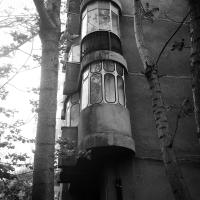
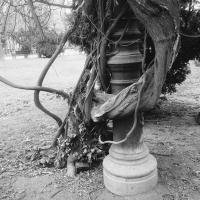
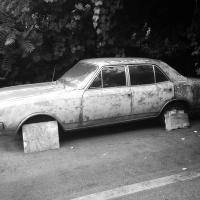
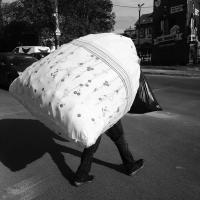
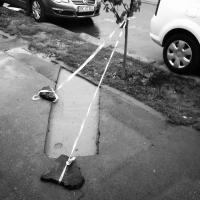
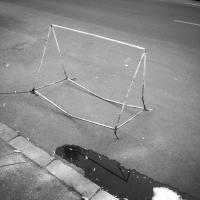
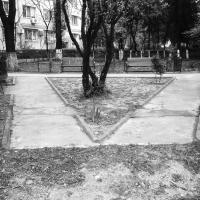
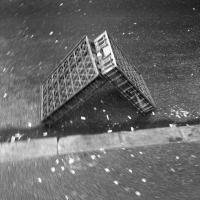
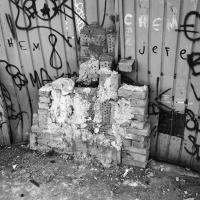
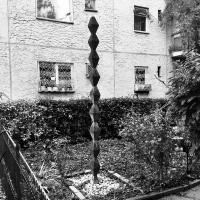
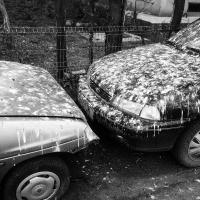
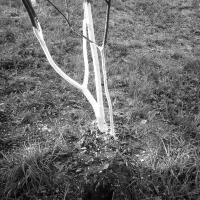
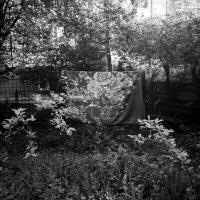
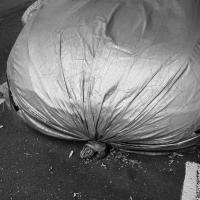














Răsu’ - plânsu’ – “laughing through tears”
Răsu’ - plânsu’ – “laughing through tears” – is a Romanian expression deeply rooted in the national culture, capturing the coexistence of laughter and sorrow.
It reflects the subtle tensions and contradictions observed in everyday urban life – particularly in a city where past and present continually collide.
During the communist period, especially under Ceausescu’s systematization program (1974–1989), hundreds of villages were relocated to new apartment block – slarge-scale collectives known locally as “blocuri”. Many rural families who had lived in single-family homes or farmsteads found themselves in uniform, compact flats in Bucharest’s outskirts. These new residents carried with them rural lifestyles and expectations, later adapting their apartments and surrounding communal spaces, closing balconies, painting facades, adding planters, marking spaces with improvised barriers, to recreate a sense of home and community in an anonymous and rigid environment. Personal adjustments became a means to humanize and domesticate these concrete landscapes and are a personal response to an imposed architectural order. In doing so, residents break through the monotony and uniformity of the planned city, creating a patchwork urban reality shaped as much by official design as by lived experience.
Łuczakowska was chosen by our Guest Room Curators, Felix Hoffmann, Mona Schubert and Marit Lena Herrmann of FOTO ARSENAL WIEN, to participate in one of our Face-to-Face portfolio feedback sessions.